Faculty, Leadership, & Staff
The Data Science Institute team facilitates research collaboration, outreach and educational programs, and community around data science at the University of Chicago.
Leadership
-

Michael J. Franklin
Morton D. Hull Distinguished Service Professor; Senior Advisor to the Provost for Computing and Data Science; Faculty Co-Director, Data Science Institute -
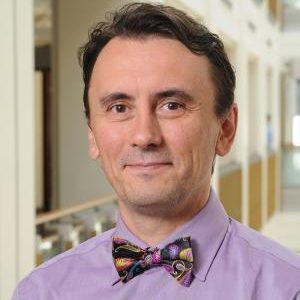
Dan Nicolae
Elaine M. and Samuel D. Kersten, Jr. Distinguished Service Professor, Departments of Statistics, Human Genetics, Medicine, and the College Section of Genetic Medicine; Faculty Co-Director, Data Science Institute -
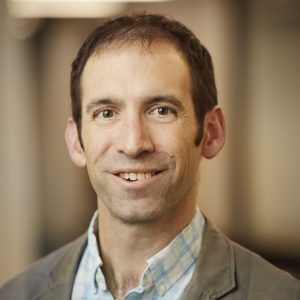
Nick Feamster
Faculty Director of Research, Data Science Institute; Neubauer Professor of Computer Science and the College -
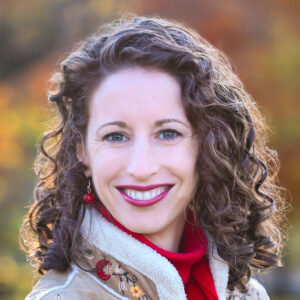
Rebecca Willett
Faculty Director of AI, Data Science Institute; Professor, Statistics, Computer Science, and the College -
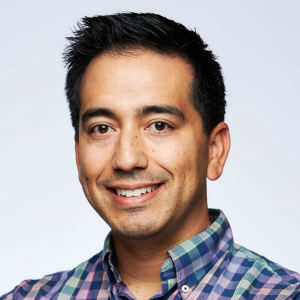
David Uminsky (he/him)
Executive Director, Data Science Institute; Senior Research Associate, Department of Computer Science -
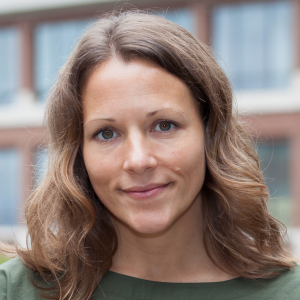
Mindi Mysliwiec (she/her)
Senior Director of Outreach & Chief of Staff, Data Science Institute
Faculty
-
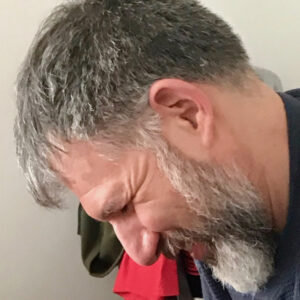
David Biron
Director of Undergraduate Data Science; Assistant Senior Instructional Professor -
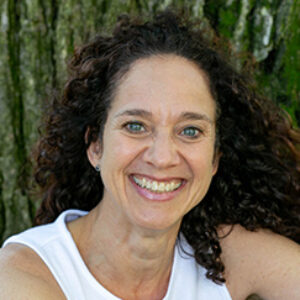
Jeanne Century
Research Associate Professor and Director, Outlier Research & Evaluation -
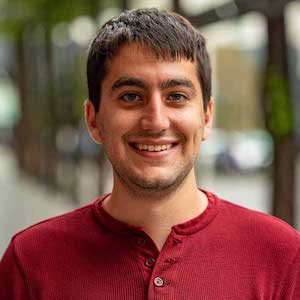
Aloni Cohen
Assistant Professor of Computer Science and Data Science -

Greg Green
Senior Instructional Professor; Senior Director of the DSI Polsky Transform Initiative; Senior Director of DSI Executive and Professional Education -
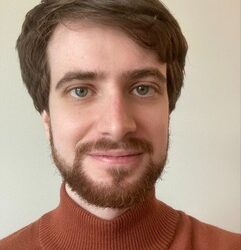
Ari Holtzman
Assistant Professor of Computer Science and Data Science -
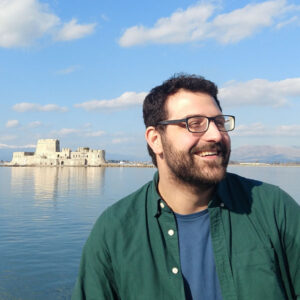
Nikolaos (Nikos) Ignatiadis
Assistant Professor of Statistics and Data Science -

Alex Kale
Assistant Professor of Computer Science and Data Science -
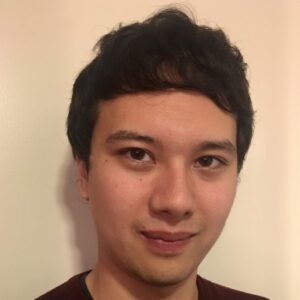
Frederic Koehler
Assistant Professor of Statistics and Data Science -
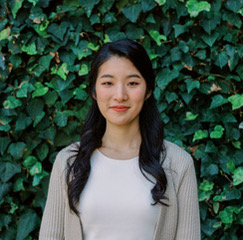
Mina Lee
Assistant Professor of Computer Science and Data Science -

Bo Li
Neubauer Associate Professor of Computer Science and Data Science -

Tian Li
Assistant Professor of Computer Science and Data Science -
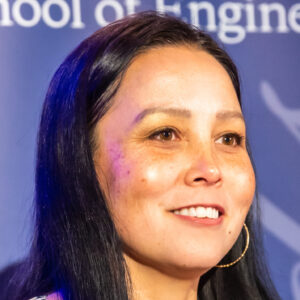
Kristian Lum
Visiting Scientist -
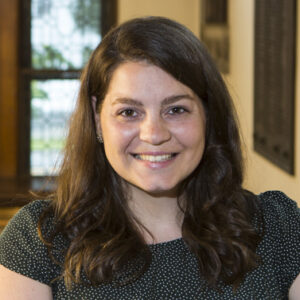
Amy Nussbaum
Assistant Instructional Professor -
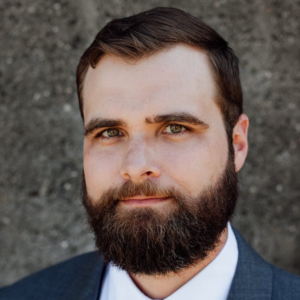
Nick Ross
Data Science Clinic Director, Data Science Institute; Associate Senior Instructional Professor -
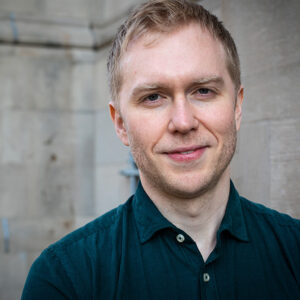
Aaron Schein
Assistant Professor of Statistics and Data Science -
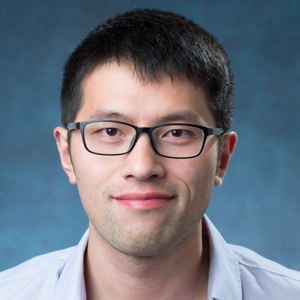
Chenhao Tan
Assistant Professor of Computer Science and Data Science -
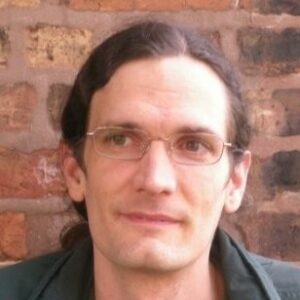
Will Trimble
Assistant Instructional Professor -

Victor Veitch
Assistant Professor of Statistics and Data Science -
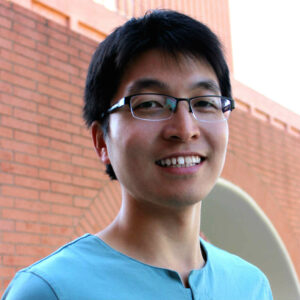
Haifeng Xu
Assistant Professor of Computer Science and Data Science -
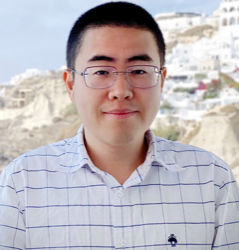
Ce Zhang
Neubauer Associate Professor of Computer Science and Data Science
Admin Staff
-
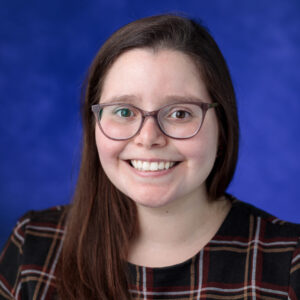
Maria V. Fernandez (she/her)
Research Program Manager, Data Science Institute -
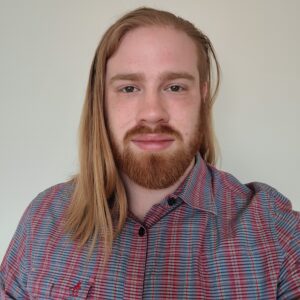
Bennett Hunter (they/them)
Systems Administrator III, Data Science Institute -

Maria Lema (she/her)
Assistant Director of Undergraduate Data Science, Data Science Institute -
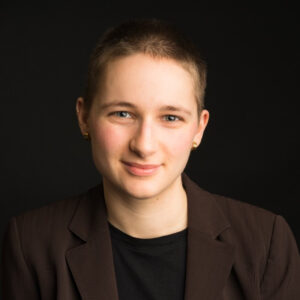
Molly Long (they/them)
Research Team Coordinator, Data Science Institute -

Gabrielle Lynn (she/her)
Administrative Assistant, Data Science Institute -
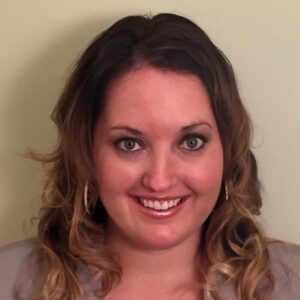
Kayleigh Nauracy (she/her)
Associate Director of Operations, Data Science Institute -
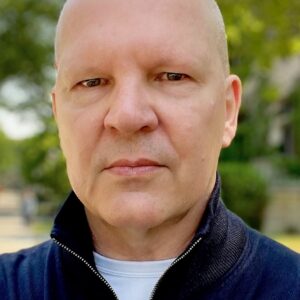
Mark Schulze (he/him)
Special Events Manager, Data Science Institute -

Benjamin Stemen (he/him)
Social and Digital Media Specialist, Data Science Institute -

Sadie Witkowski (she/her)
Director of Communications, Data Science Institute -
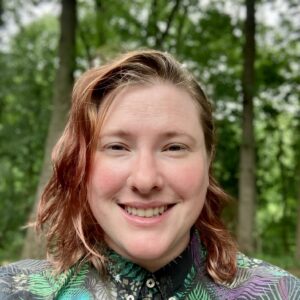
Ari Zickau (they/he)
Community Data Fellows Program Manager, Data Science Institute
Technical Staff
-
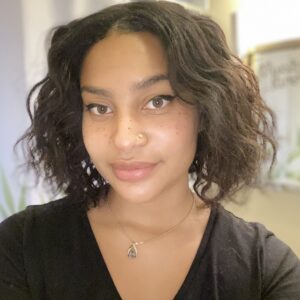
Nzinga-Ain Barberousse
Community Project Manager, Internet Equity Initiative -
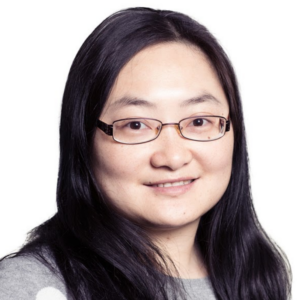
Liya Ding
Data Scientist, Data Science Institute -
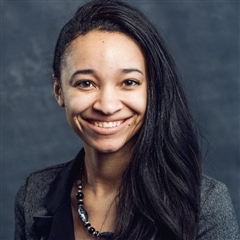
Launa Greer (she/her)
Software Engineer II, Data Science Institute -
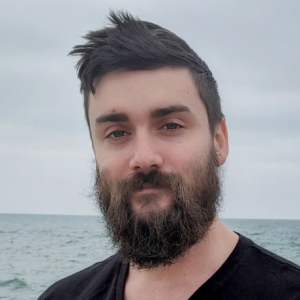
Dylan Halpern
Technical Lead, Open Spatial Lab -
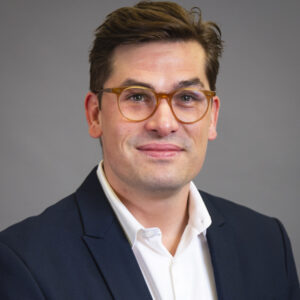
Tim Hannifan
Assistant Clinic Director, Data Science Institute -
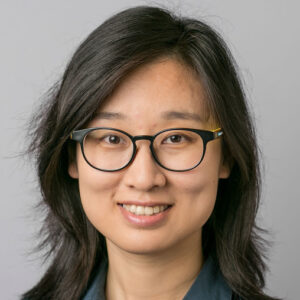
Ningzi Li
Professional Research Specialist, Data Science Institute; Adjunct Assistant Professor, Booth School of Business -
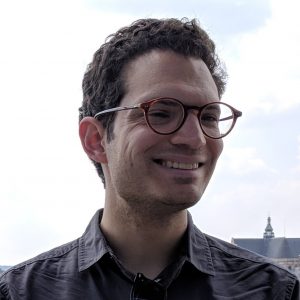
Jesse London
Software Engineer, Data Science Institute -
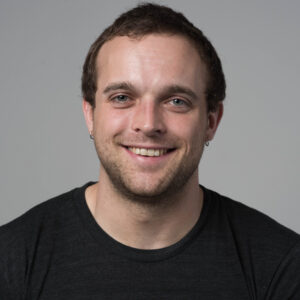
Todd Nief (he/him)
Data Scientist, Data Science Institute -
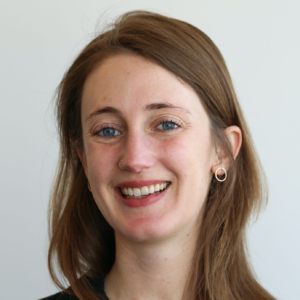
Susan Paykin (she/her)
Program Lead, Open Spatial Lab & Associate Director, Community-Centered Data Science, Data Science Institute -
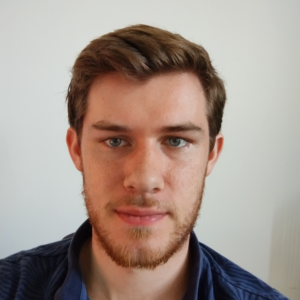
Chris Redmond
Open Source Software Engineer -

Alexis Schrubbe
Director, Internet Equity Initiative -
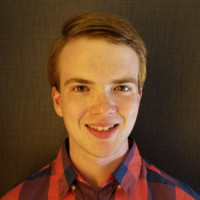
Trevor Spreadbury (he/him)
11th Hour Software Engineer II, Data Science Institute -
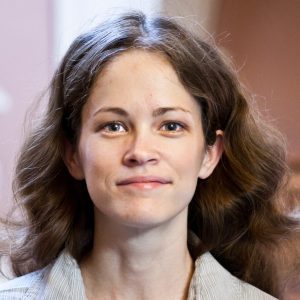
Anna Woodard
Research Data Scientist, Data Science Institute
Outlier Research & Evaluation
-
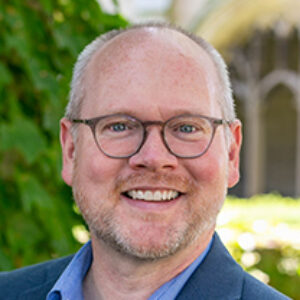
Stephen Baker
Senior Evaluation & Research Scientist, Outlier -
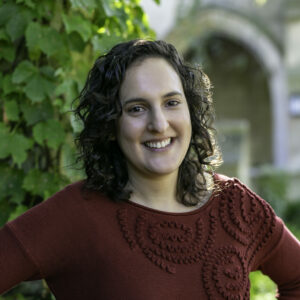
Joanna Schiffman (she/her)
Senior Researcher, Outlier -

Huifang Zuo
Research and Evaluation Associate, Outlier
MS in Applied Data Science
-
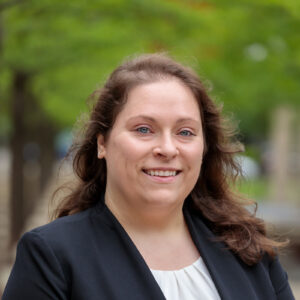
Taylor Alexander, MA
Associate Director, Instructional Services, MS in Applied Data Science -
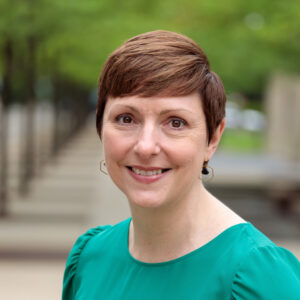
Briana Allen, MEd
Director, Instructional Services & Innovation, MS in Applied Data Science -

Jose Alvarado
Assistant Director of Enrollment Management, MS in Applied Data Science -

Josie Badillo Sittig
Assistant Director of Marketing/Advertising & Communications, MS in Applied Data Science -
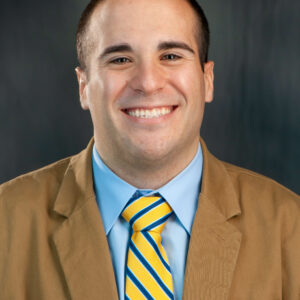
Nick DiAntonio, MEd
Graduate Academic Advisor -
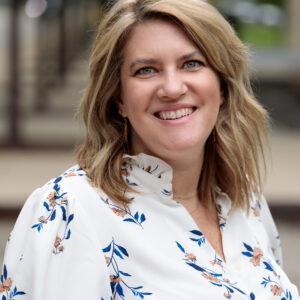
Lauren Isaacman Darga, MA
Assistant Director, External Partnerships, MS in Applied Data Science -
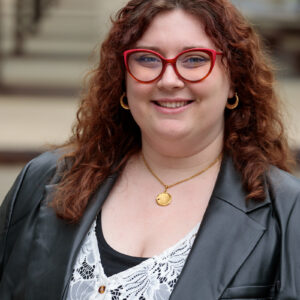
Emma Kerr, MA
Assistant Director, Instructional Services, MS in Applied Data Science -

Samantha Kruse
Assistant Director, Student Affairs, MS in Applied Data Science -

Kristin McCann, PhD
Chief of Staff, Executive Director, MS in Applied Data Science -
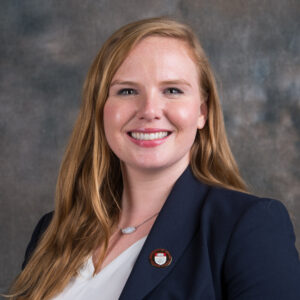
Alison Ossyra
Director, External Partnerships and Career Services, MS in Applied Data Science -

DuJuan Smith, PhD
Director, Student Affairs, MS in Applied Data Science -
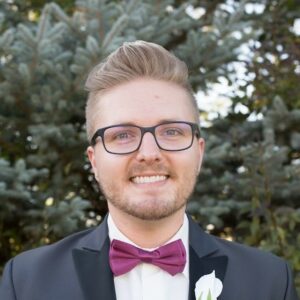
Brody Tate, MEd
Program Manager, Online, MS in Applied Data Science -

Daniel Truesdale, MPP
Associate Director, Enrollment Management, MS in Applied Data Science -
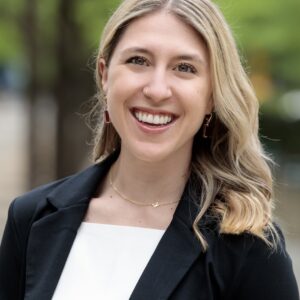
Taylor Wallace, MEd
Graduate Academic Advisor, MS in Applied Data Science -

Samantha Widemon, MNA, CP
Graduate Academic Advisor, MS in Applied Data Science